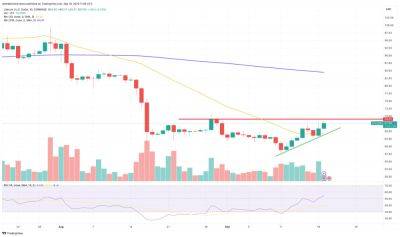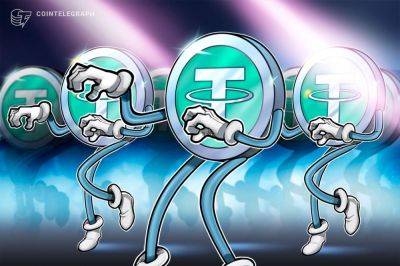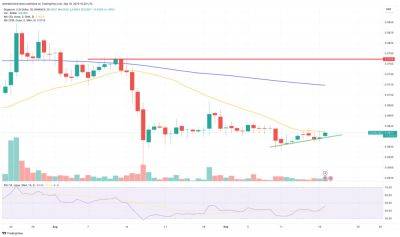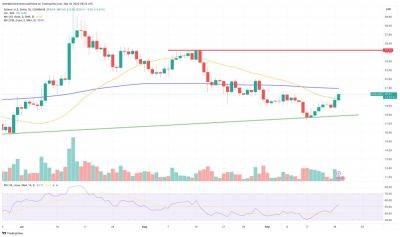EU Data Act smart contract ‘kill switch’ brings uncertainty
On June 28, the European Council and Parliament achieved a political consensus on the Data Act, which moves the legislation regarding non-personal data closer to fruition.
Thierry Breton, European Union commissioner for the internal market, described the agreement in an X post as a “milestone in the reshaping the digital space.”
Another deal!
⁰Tonight’s agreement on the #DataAct is a milestone in reshaping the digital space.
Thanks to the swift work of the EP @delcastillop & the Council Presidency, we are on the way of a thriving data economy that is innovative & open — on our conditions. pic.twitter.com/vTWUU8xTx9
The Data Act complements the Data Governance Act of November 2020 by clarifying who can create value from data and under which conditions. It stems from the European Strategy for Data, announced in February 2020, which also aims to position the EU as a regulatory frontrunner in the era of data-driven society.
The Data Act is part of the European Commission’s wider data strategy aimed at making Europe a global leader in the data-agile economy. In simple terms, the Data Act proposes new rules on who can access and use data generated in the EU across all economic sectors.
For the Data Act to become law, it must be approved by a vote of the European Parliament and the Council, which represent the bloc’s 27 member states. And once again, as with the Markets in Crypto-Assets (MiCA) regulation, the crypto sector is facing a major challenge. The problem raised by the new EU data law could permanently change the use of smart contracts in the European Economic Area (EEA) –– and not for the better.
The blockchain community is largely concerned about one provision in the Data Act, namely that automated data-sharing agreements
Read more on cointelegraph.com





















